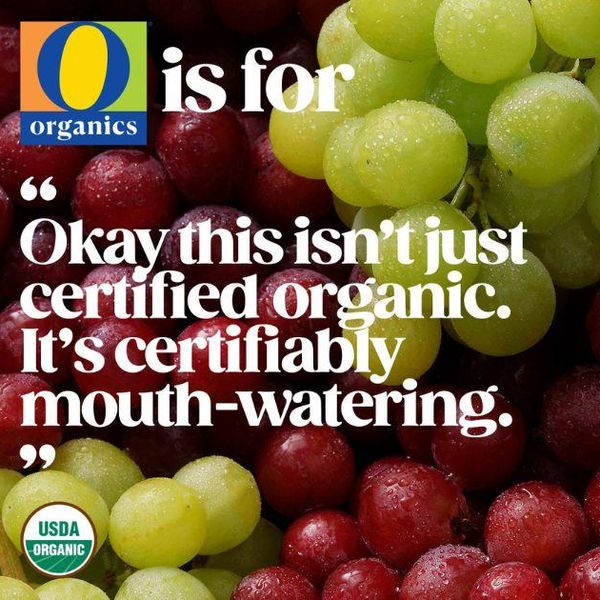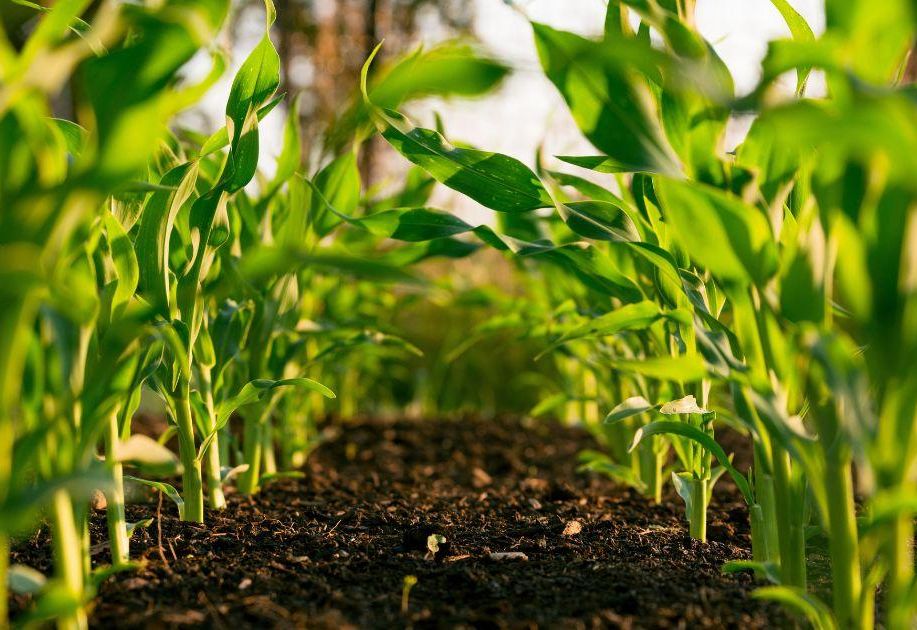
Photo by Jacopo Maia on Unsplash
When I was a kid, I loved picking blackberries. I spent hours in the scalding hot sun pulling the fattest ones off the bushes and collecting them in a bucket, careful to avoid the thorns.
My dad trained me to watch for snakes, because they like blackberries too, and my mom taught me how to turn those berries into mouth watering blackberry cobbler.
If I was feeling brave, I’d accompany my dad to the big lake in the woods behind our house, where he’d hang out for hours fishing for freshwater bass. I was fascinated by the way the hook caught in their wide mouths as they twisted on the line. When he’d caught enough, we—and by that I definitely mean he—moved on to the next stage: fileting their scaly bodies with an electric knife, and prepping the meat for frying.
I didn’t realize until many years later that I was raised on a mostly organic diet, which kind of blew my mind since we were a blue-collar family living in one of the poorest parts of the state. Exactly zero members of my household knew how to recycle, and even if we did, our neck of the woods certainly didn’t offer recycling bins. I had never even heard the word “organic” until I was much older; after all, aren’t organic foods mostly for the wealthy upper class? In the words of my daddy, “that ain’t us.”
Or was it? When I really think about it, I remember eating green beans and tomatoes straight from the garden, and pecan pie made from the nuts that fell from grandma’s pecan trees. Even now, I have several friends with egg-laying chickens and a neighbor who makes homemade jam, salsa, and pickles.
Come to think of it, I was eating organic way before it was cool.

Organic foods are much more affordable than one might think. Even if you aren’t lucky enough to have friends or family who share their farm-fresh eggs, chances are high that there’s an Albertsons grocery store in your area. As a commitment to offer accessible, high-quality items for every budget, Albertsons seeks to make eating organic affordable for everyone. Its line of O Organics® products, offers an extensive array of high-quality, USDA Certified Organic grocery items - but what does that actually mean?
In 2000, The U.S. Department of Agriculture officially defined the term “organic” to mean that farmers do not use any form of synthetic fertilizers, pesticides, herbicides, or fungicides to grow their produce. This method of food production is widely considered to be a far more sustainable alternative when it comes to farming. Not only is it substantially better for our bodies, but the environment as well. When it comes to meat and dairy products, the USDA Organic regulations prohibit the use of all hormones and antibiotics and require that animals be fed one hundred percent organic feed, free of animal byproducts and growth hormones, have access to the outdoors, and that producers meet animal health and welfare standards.
According to an article published by Columbia University, the lack of pesticides and a wider variety of plants on an organic farm enhances biodiversity and results in better soil quality and reduced pollution from fertilizer or pesticide run-off. When biodiversity is maintained, it allows species and organisms to work together in ecosystems, like an intricate web, to maintain balance and support life. This is how supporting organic farming helps all of us save the planet.
The gradual shift towards organic farming and consumption over recent years is due in large part to rising consumer concerns about the health impacts of unknowingly consuming pesticides and chemical fertilizers (yum, arsenic!).

While it might sound daunting, Albertsons makes eating organic really easy. O Organics® products are USDA Certified Organic, and certified delicious. They are made responsibly and safely. They are always Non-GMO, grown without synthetic pesticides, and easy to catch on sale through the Albertsons app or in the weekly ad. And although I do sometimes miss picking berries directly from the bush, it’s a whole lot easier to pop in and grab a container of them.
Shop O Organics only at your local Albertsons or one of their sister stores— Safeway, Vons, ACME, Jewel-Osco, Shaw’s, Star Market, Tom Thumb, Randalls or Pavilions!
- The chef of the #1 restaurant in the world is feeding Rio's homeless ... ›
- In 2013, the U.N. told us to rethink what we eat. Three women have ... ›
- Indoor "smart garden" lets you grow your own organic food using ... ›
- One simple grocery choice can help fight food insecurity ›



 Rihanna Nails GIF
Rihanna Nails GIF Stop Right There The End GIF by Freeform
Stop Right There The End GIF by Freeform